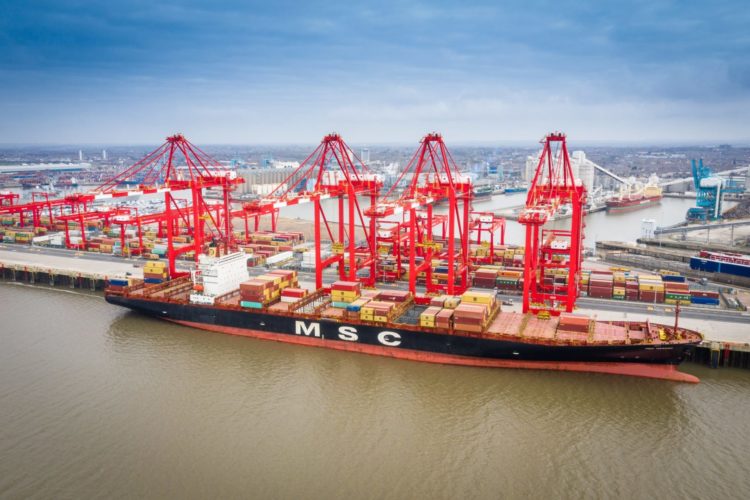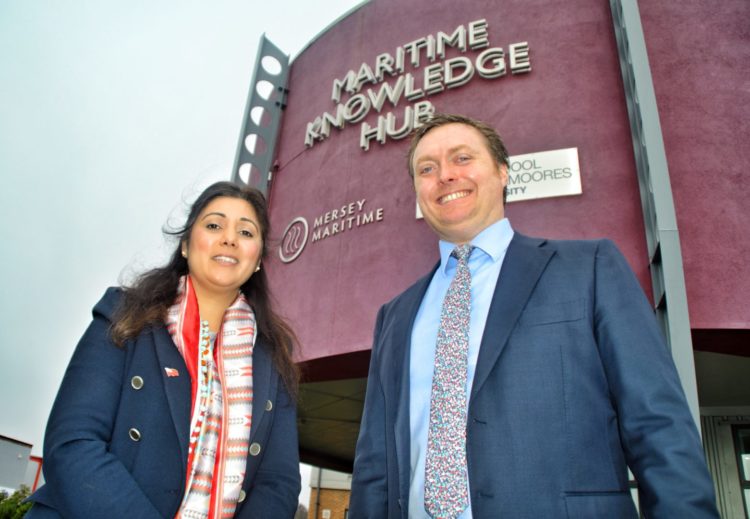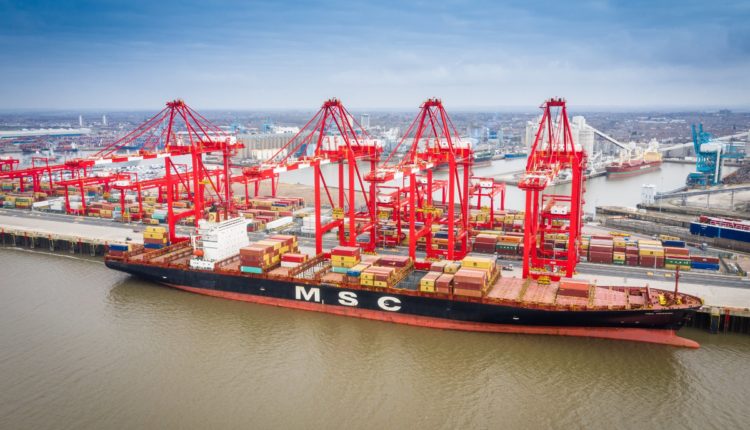Freeport plan could boost Mersey economy by £739m a year
As the Government prepares to create 10 new freeport zones around the UK, data shows Liverpool could see a £739m annual boost and the creation of up to 12,000 jobs. Tony McDonough reports

Creating a freeport around the Port of Liverpool could add an extra £739m to Liverpool’s economy every year – equivalent to £1,500 for every household in the city.
On Monday, the Government announced a 10-week consultation on the freeport plan after which it will invite towns and cities across the UK to bid for the right to create 10 free trade zones. The locations will be announced by the end of the year with the first zones up and running in 2021.
Freeports are a designated zone where normal tax and customs rules do not apply. These can be airports as well as maritime ports. At a freeport, imports can enter with simplified customs documentation and without paying tariffs.
Businesses operating inside designated areas in and around the port can manufacture goods using the imports and add value, before exporting again without ever facing the full tariffs or procedures. If the goods move out of the freeport into another part of the country, however, they have to go through the full import process, including paying any tariffs.
The Port of Liverpool was a freeport until 2012 when the zones were abolished by the then coalition Government. The idea has the support of Liverpool city region’s £4bn maritime sector. Representative body Mersey Maritime is backing the policy as is Port of Liverpool operator Peel Ports.
A report published in 2018 by UK consultants Mace, authored by former Treasury economist Chris Walker, claimed integrating Free Ports with enterprise zones would add £9bn a year to the Northern economy, which is equivalent to £1,500 a year extra for each Northern household, and create as many as 150,000 high-value jobs.
It said Liverpool alone could see the creation of up to 12,000 high-value jobs as a result of setting up what it calls “supercharged” freeport status. It identified seven UK locations as being ideally placed to benefit – Liverpool, Immingham & Grimsby Ports, Hull Port, Rivers Hull & Humber, Tees & Hartlepool, Tyne and Manchester Airport.
The Mace report said: ““Transforming these ports into supercharged free ports would ensure the region is well placed to drive post-Brexit growth and help rebalance the UK economy. This would not only drive industrial and economic development, but also create thousands of jobs which would in turn help to reduce inequality.”

Peel Ports has invested around £750m into the creation of the Liverpool2 container terminal, with further investment at Port Salford at the other end of the Manchester Ship Canal. As the UK’s most prominent west-facing port, the company believes the Port of Liverpool could benefit from increased post-Brexit transatlantic trade.
Chris Shirling-Rooke, chief executive of Mersey Maritime, said: “Until 2012, the Port of Liverpool was the largest Freeport in the UK and I hope local partners will be first in the line to bid to become one of the 10 new freeports.
“The potential to cut costs for businesses to help them become more globally competitive and the scope for less regulation, helping businesses to cut down on paperwork and bureaucracy, will offer many the greater flexibility they need on when, where and how they trade.”
During a visit to Mersey Maritime in Birkenhead in January, maritime minister Nusrat Ghani talked up the benefits of freeports. She told LBN: “We are keen to consult with ports around the UK and we are asking them to put forward their submissions.”

